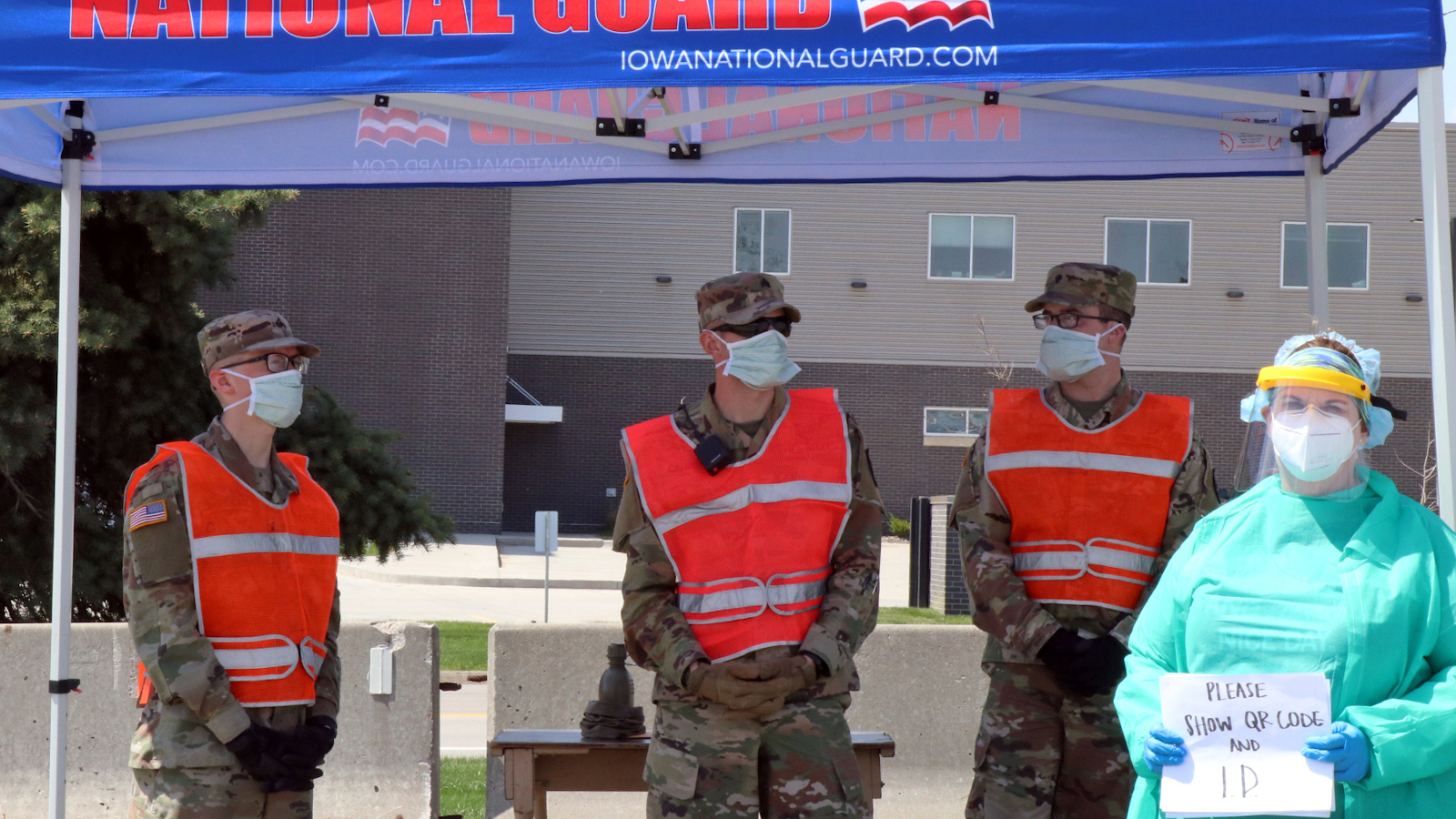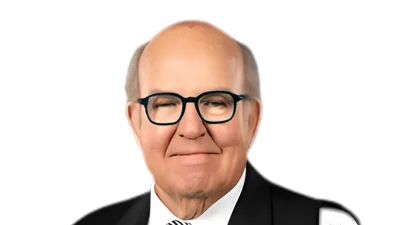Members of the Iowa National Guard help a health professional man a testing site for COVID-19. | Sgt. Christie Smith/Joint Forces Headquarters, Iowa National Guard
Members of the Iowa National Guard help a health professional man a testing site for COVID-19. | Sgt. Christie Smith/Joint Forces Headquarters, Iowa National Guard
Iowa lawmakers wasted no time voting in favor of removing excessive licensing regulation after the legislature reconvened following a COVID-19-induced recess.
HF 2627 proposed to allow residents new to Iowa who have been licensed out of state to employ their training without additional occupational red tape in the same licensed field.
“These heavy regulations are essentially a red tape tax that keeps people from moving forward in their careers and keeps the economy from going,” Chris Ingstad, president of Iowans for Tax Relief told the Hawkeye Reporter. “It’s just over-regulation and that stifles a lot of things especially for low and middle-income careers. Iowa was one of the most heavily regulated states in terms of occupational licensing. HF 2627 took three really good steps forward in reducing that burden on people.”
Governor Reynolds and Senate Majority Leader Jack Whitver were among the bill’s proponents.
The act includes criminal justice reforms in the licensure process for those with a conviction history.
“If you’ve paid your debt to society, I can't think of a better way to keep you moving ahead in that process than opening up doors to a lot of careers,” Ingstad told the Hawkeye Reporter. “There's still some common sense things like if your conviction history relates directly to an occupation, maybe you're not going to get that license but for a conviction history that has nothing to do with a particular occupation, why wouldn't we allow them to pursue those careers?”
Educational and health services, trade, transportation, utilities, professional and business services account for more than 60 percent of the state’s job growth, according to Iowa’s Changing Labor Force Dynamics study.
“Before COVID-19, one of the big issues in Iowa was workforce development because Iowa needs workers,” John Hendrickson, a policy analyst with Tax Education Foundation (TEF) of Iowa, told the Hawkeye Reporter. “Our economy was doing good but, at the same time, we're still struggling with economic growth. Any business you talk to, whether in rural or urban parts of the state, the message lawmakers are getting is we need more skilled workers. What removing excessive occupational licensing did was break down some of the barriers.”
The legislation was also important for a post-COVID-19 economy, according to Ingstad.
As of July 10, the number of Iowans testing positive for the coronavirus was 33,836, with 742 deaths, the Iowa Department of Public Health reporter.
“During COVID, a number of regulations were waived in terms to recognize medical licenses from out of state, for example, and some continued education requirements were loosened,” he told the Hawkeye Reporter. “If it's good enough to work during a crisis, why shouldn't it be good enough to work all the time? With so many employees or workers and businesses impacted by COVID by real hurdle to clear, why have these sort of artificial hurdles in place from the state? Why not remove all the regulations that you reasonably can so individuals and businesses can move.”




 Alerts Sign-up
Alerts Sign-up